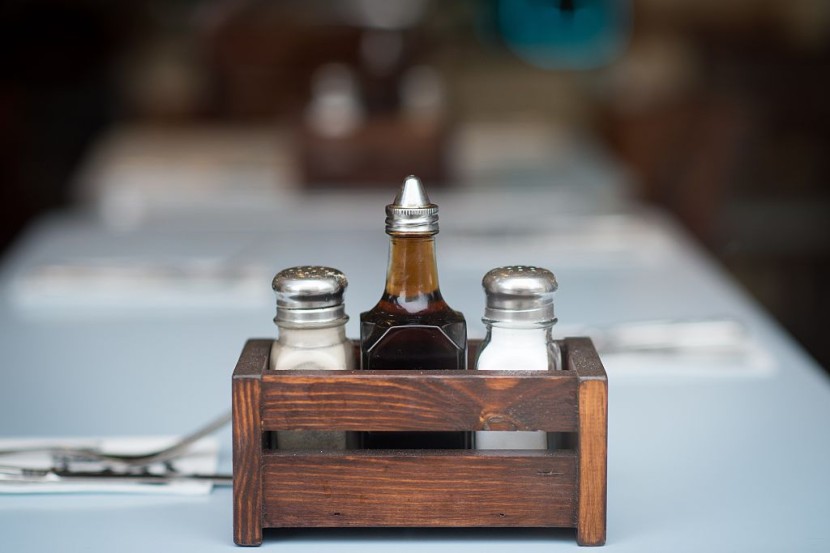England's halted salt reduction effort is now blamed for the rising numbers of premature deaths.
This was revealed by a new study conducted by a team of researchers from the Queen Mary University of London (QMUL).
England's Halted Salt Reduction Effort Responsible for More Premature Deaths?

According to The Guardian's latest report, FSA (Food Standards Agency) released a program in 2006 to reduce the salt content of food manufacturers.
This greatly helped England, allowing the country to lessen its salt consumption by almost 20% during that period.
However, the England government decided to abandon this initiative in 2011, enabling food manufacturers to put more salt in their products.
The coalition government's public health responsibility deal received heavy criticism from numerous health experts since this deal relies on companies' voluntary efforts to make healthier food products.
In 2018, the salt intake in the country increased from 7.58g (2014) to 8.30g per day. QMUL's new health study explained that this salt consumption increase is higher than the recommended intake, which is only 6g each day.
"This would have prevented over 38,000 deaths from strokes and heart disease in just a four-year period," explained Dr. Jing Song, one of the involved researchers.
Song and his team claimed that if England only relied on FSA's 2006 program, 24,000 premature deaths could have been prevented.
The study's co-author, Prof. Graham MacGregor, explained that the salt intake of England residents now depends on the government's efforts.
"It is now up to the government to set up a coherent strategy where the food industry is instructed what to do, rather than the food industry telling the government what to do," said the cardiovascular disease expert.
Reducing Your Salt Intake

Health experts said that an individual should consume no more than 6g of salt per day if they want to have good health conditions.
If you love to eat and hate bland food, you can follow the National Health Service's tips to reduce your salt consumption:
- Instead of putting too much salt, try using more herbs and spices.
- Table salt is not the only thing you need to avoid. You must also limit your use of hot sauce, barbecue marinades, and salad dressings since they are high in sodium.
- If you are buying food in containers, you can check their Nutrition Facts Panels to see their sodium levels.
- If the first three tips don't work for you, the best thing you can do is ask for help from nutrition experts. They can find more suitable ways that can help you reduce your salt consumption.
© 2026 HNGN, All rights reserved. Do not reproduce without permission.








